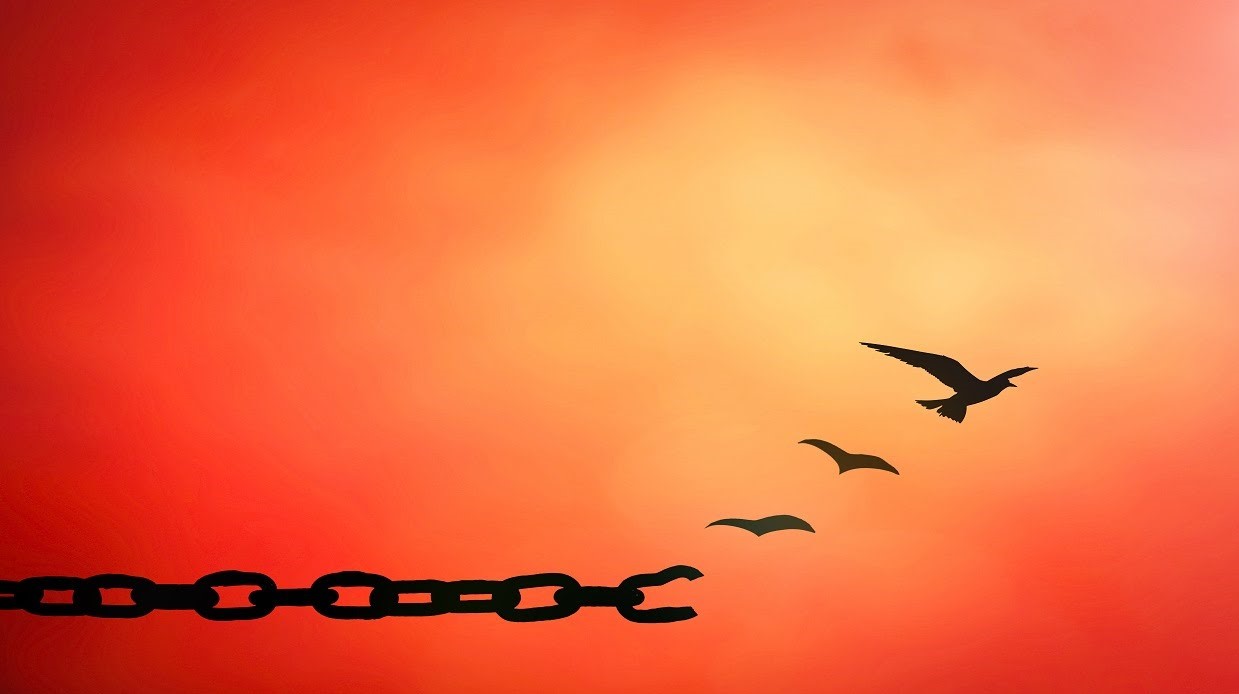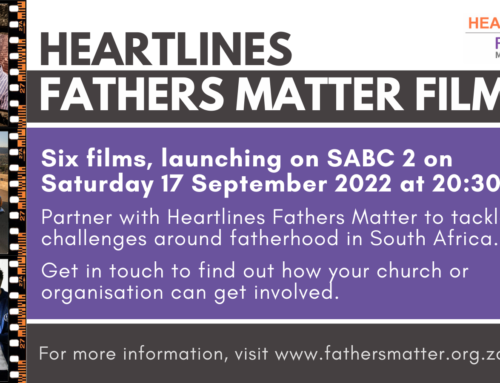Is Forgiveness more than just a nice idea?
My friend Julie asked me to post a piece on the topic of forgiveness after i recorded a Facebook Live conversation about it, so here goes.
i have a friend who recently got caught doing some pretty reprehensible stuff. We weren’t good friends but i have known him for ten years and his actions totally took a lot of people by surprise and a lot of people are trying to figure out how to move forward. That has been the inspiration for some of this thinking.
Also let’s be honest, if you go on the Twitterer these days, a lot of your time is spent nervously hoping that your favourite celeb’s name doesn’t appear as a trending topic, because the lid has seemingly blown off the sexual scandal jar in Hollywood. In recent days it’s been Harvey Weinstein and Kevin Spacey, Brett Rattner, Steven Seagal, Louis C.K. and others who have been in the spotlight for varying degrees of sexual misconduct and assault.
Some things are easier than others
So, is there a blanket rule for forgiveness, or does it depend on the crime?
My wife eats the last piece of chocolate that i was saving… compared to someone drunk drive kills my friend who was out cycling [happened in my last year of school, on his 18th birthday as well]. From the outset the one is a lot easier to forgive than the other and maybe the playing out of the forgiveness looks different as well on a case to case happening, but the ‘Do we need to forgive?’ question feels like it might be standard, especially for people who call themselves Jesus followers, which i will get to later.
What Forgiveness does for me
One of the great myths of Forgiveness is that if i forgive you i am saying that what you did was okay or was not so bad. That is not true at all. To forgive someone always has to start with the acknowledgement that there is something to forgive [simple maths] which is a recognition and pointing out of the fact that you did something that hurt me.
Now here is one of the strange things about forgiveness cos it may seem like forgiveness is all about the other person – the one who did the thing that hurt you – but actually a large part of it is not.
There is a saying i heard which goes like this, “Holding on to unforgiveness is like drinking a cup of poison and hoping the other person dies.” Ridiculous concept, right? And yet, for many of us that’s how it plays out. Someone does something to hurt us and we inwardly hate them and let the bitteness and anger build and in some weird way it feels like we’re getting back at them [because we are internally] and yet a lot of the time they either don’t even know they’ve done something to hurt us [this happens way more often than we might realise] or they don’t even care. In the meantime the anger and bitterness and feelings of revenge are eating away at us internally and causing our own pain.
Many people build up internal walls to protect themselves from the people who hurt them. What i have found though and witnessed in a lot of other people is that although those walls can sometimes be fairly successful in stopping hate and hurt from getting in, they tend to be equally as successful in stopping love and friendship and compassion and empathy from getting in. We can’t choose who the walls will keep out – holding onto negativity towards one person always affects every single other relationship in our lives.
Sometimes i have to forgive you so that i can continue to love and be loved by everyone else around me.
It is not saying what you did was okay.
It is not saying what you did didn’t matter and doesn’t matter.
It is not saying you don’t still need to somehow pay in some way for what you did.
It just says i am no longer going to be taken down by something that was done by someone else to me.
My friend Rob had this analogy that i really love. He said when someone does something to you, imagine that there is a piece of fishing line with a hook in both ends and one hook is in you and one hook is in the other person. Each of the hooks is doing damage, twisting and ripping and tearing and hurting.
Forgiveness is when we remove the hook from our end and we hand it over to God and let God deal with it. The hook remains in the other person until such time as they deal with it. The hook continues to twist and rip and tear and hurt the other person. But you have forgiven and handed it over to God and the power of that offence on your life is no more.
Obviously a dinged car or a missed appointment is a whole lot easier to forgive than a murder or some form of sexual abuse, but ultimately the story is the same. The worse the thing, the worse the damage it will continue to do to you until you hand it over.
My mate Dave
i have a friend Dave who cheated with his friend’s wife. Which is a hectic thing in itself. Except that his friend worked with him as well and was the most loyal person in Dave’s firm. A few months later it turned out that the wife was pregnant and doing the math, his friend had been away on a business trip and so there was no way the baby could be his. Huge dilemma for his wife. So Dave ends up hiring a hitman who kills his friend to stop the news from getting out.
Sounds like something from a soap opera, right? Well, close, it’s from the Bible and Dave is King David and his friend was one of his trusted generals and David ends up having him murdered [and a number of other soldiers die as this plays out].
If you read the Bible and read about David in the New Testament, how is he described? As an adulterer? As a murderer? As a coward? As a despicable and evil king? Because he was definitely all of those things. But no, the description of David reads that he was “a man after God’s own heart!”
Um, wait, WHAAAAAAAT?
Exactly. And what does that tell us?
When God is brought into the picture, things look different to how we might expect them to look.
David is faced with his horrific sin via the prophet Nathan [in a move that for a lot of people made propheting a temporary career choice] and he acknowledges it and repents and changes his life.
And God forgives him and a lot of us think, “How is that possible? God really got it wrong that time.”
Which surprisingly we never think when it is us in the getting it wrong space as we would be perfectly happy for God to deal with us in that way.
Forgiveness but
We talk about “forgive and forget” but i’m not so sure that’s the best way to work this stuff out. If a guy borrows R150 from me and doesn’t pay me back, i can forgive him. But if he does it three more times and i keep on forgiving and forgetting and giving him more money that doesn’t feel like the wisest thing.
If we think of God’s forgiveness as a kind of spritual amnesia, so God literally cannot remember the bad things i have done any more, then it doesn’t feel quite as special as ‘God remembers the stuff i have done, but God chooses to not hold that stuff against me. God chooses to treat me as if i never did that stuff at all.’ i think that is more how the picture works. It means a whole lot more knowing that someone remembers the time you hurt them badly but continues on in friendship with you as if that thing never happened [assuming you acknowledged and confessed and are living differently!]
But let’s head back to David, because while God completely forgives David and David is remembered as ‘a man after God’s heart’ [because as much as he was a liar and a murderer and adulterer he was very much that as well], that dorsn’t mean he gets off scot free.
The son born to David and Bathsheba dies as a consequence of their sin.
[There might be a lot of complicated conversations to have about that one but let’s save those for another time]
The point is that sin always has consequences and when we receive forgiveness the sin is dealt with and treated as forgotten, but most of the time the consequences remain.
So there is forgiveness for a paedophile, but maybe you don’t put them in charge of the sunday school.
That is a statement i had an issue with growing up, cos surely if the person is forgiven there has to be a time when they are fully trusted again and if forgiveness truly has happened they should be allowed into a space which demonstrates their redemption. Otherwise they are not truly forgiven. That was my stance growing up, but i think i think differently on that one now in terms of the consequences conversation. Yes, you can be fully forgiven, but one of the consequences of the sin you committed is that you have lost people’s trust when it comes to children. It is also just a straightforward wisdom move as well that if that area was their area of struggle, it doesn’t make sense to put them in the place of temptation no matter how healed and strong they are.
Forgiveness for everyone
i believe this might be where followers of Jesus have a different stance to other people in the world, although maybe not all other people. But as a follower of Jesus i absolutely believe that everyone is capable of redemption – even the worst of sinners – but that for some people [well, all people really, but differing degrees] it will take a supernatural spiritual intervention from God to bring it about.
Which we have already seen in the Bible in the person of Paul who goes from arresting and killing christians to chief advocate and speaker and writer for them. No-one is beyond redemption. Which is one of the main reasons i do not believe in the death penalty which seems to strongly suggest the opposite.
i asked a few questions that i don’t believe i am the best person to answer in my Facebook Live chat.
# What does Forgiveness mean for a black person in South Africa?
# What does Forgiveness look like as an African-American in Americaland?
# What does forgiveness mean as a Mexican/refugee in Americaland?
# What does forgiveness look like for a first nations person in Australia, South Africa, Americaland etc.
# What does forgiveness look like as a woman living in the world today with regards to men?
And of course, there are a whole lot more.
The thought i had was that is seems to be that the need for forgiveness is present strongly on the opposing side of privilege. So wherever privilege is present, the person who does not have it to the same extent generally is the one who will have a lot of forgiving to do.
Because of things that privileged people do such as:
- Forgetting
- Not seeing
- Not thinking [An able-bodied person not taking the needs of their wheelchair-riding friend when suggesting a place to go out]
- Not stepping towards
- Not listening or really hearing or seeking to understand or educate ones self
My friend Julia commented with these words to give us more to think about:
Powerful stuff. Lots to think about – especially regarding redemption and the consequences of sin. Is it enough, can we say we have done our part as people and as Christians if we forgive someone but don’t help them to ameliorate the consequences of their sin as far as possible? What does redemption involve, exactly, and is being trusted to do better once you have done the work on yourself an essential component of redemption?
Can someone like the guy who was a youth pastor really achieve redemption if the consequence of his sin is that he can never work with young people again? I say this as someone who believes that the church bears a measure of responsibility for what happened, knowing that person’s history and still employing them in that position, and agreeing that actually in that case maybe that person should never have been given that kind of trust based on the possible harm it could cause, but I hadn’t actually considered the other angle until listening to this, about redemption.
I suppose it’s a question of degree and what the consequences may be for other people if the erstwhile sinner falls again? Maybe easier to gauge if it’s only you that may be affected if the person falls again (eg cheating spouse) vs when other people may be affected (putting convicted criminals back on the street, or allowing an erstwhile paedophile to teach Sunday school), and maybe that’s what consequence of sin really means?
The bottom line for me is that Forgiveness is not a choice, especially if we call ourselves followers of Jesus. It is mandated. It may even be salvation-dependent [Unless you forgive others, my Father in heaven won’t forgive you – Matthew 6].
It is not saying that what the other person did was okay but rather stating the opposite: You hurt me and what you did was not okay.
It is creating the space and opportunity firstly for you and then for the other person to be freed from ongoing pain and brokenness as a result of what was done.
It is about handing over the thing that was done to you, to God and letting God deal with it [God says quite clearly in His Word that God will avenge, God will take care of sin] so that it doesn’t have any further hold on you.
It is ultimately about beliving that no one is beyond redemption – that the image of God exists in every single human being and while for some of them it may require supernatural Godly intervention, it is still possible, until it is not.
It is an act of strength, not one of weakness.
Is there someone right now that you need to forgive? For something that happened today or this past week?
What about something that happened in 2017 – an incident, a comment someone made, something you found out that you weren’t even meant to know?
What about ten or twenty years ago? Something a lot more deeper perhaps? Involving a family member or a significant other or best friend? Something of a sexually traumatic abusive nature? Some secret that is yet to come out? There are people who can help and this is not stuff you should be dealing with on your own, but it is also stuff you should not be carrying any longer by yourself. Please get help.
[To watch the Facebook Live chat i did on Forgiveness, click here]
[For a super powerful story from the Rwandan massacre, click here]
[For a super powerful story of forgiveness in the Israel/Palestine journey, click here]
















Good stuff Brett! I love the entire song forgiveness from Matthew West, but my favorite line is “The prisoner that it really frees is you.”